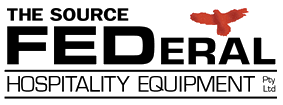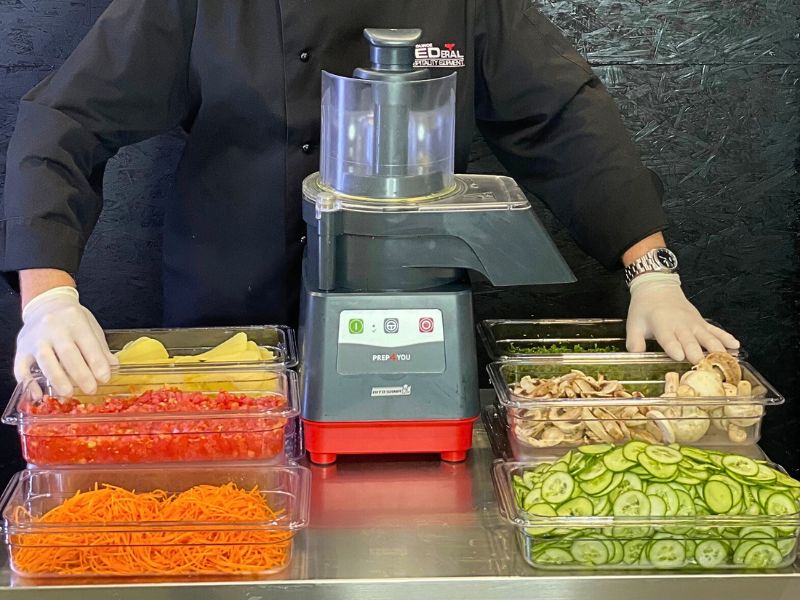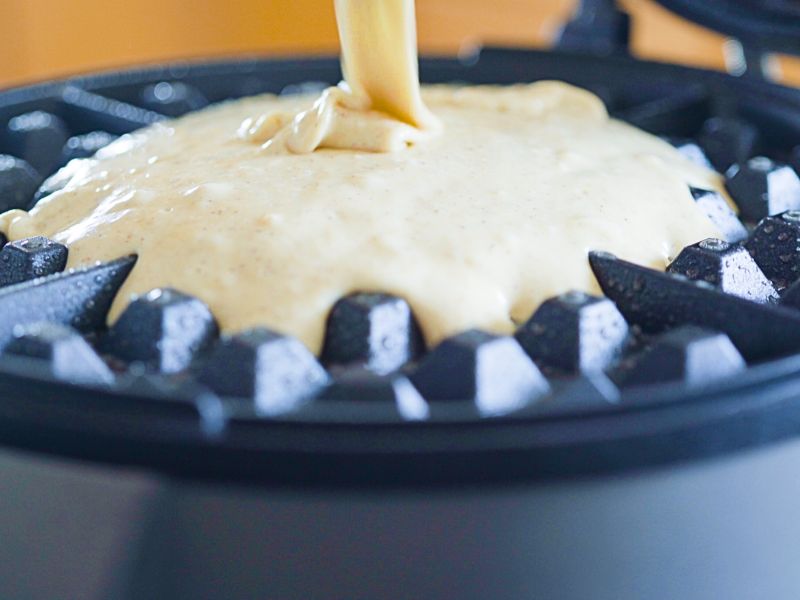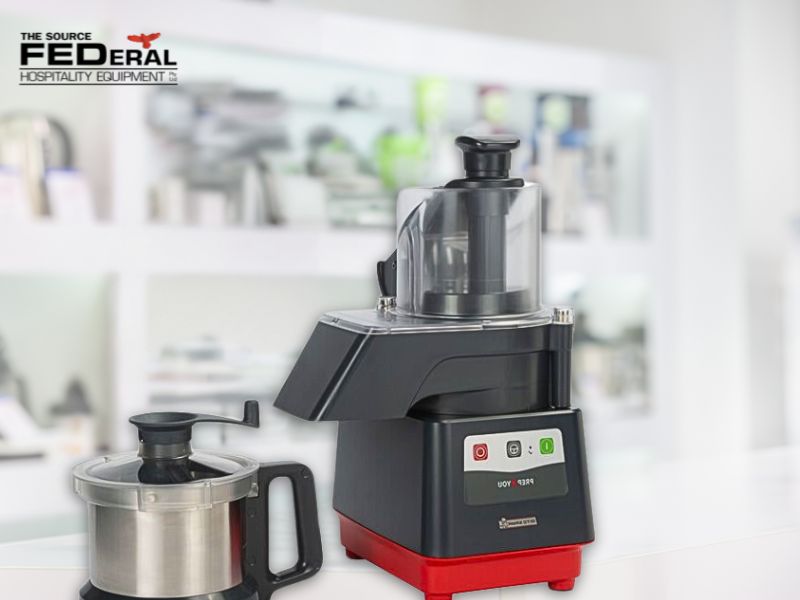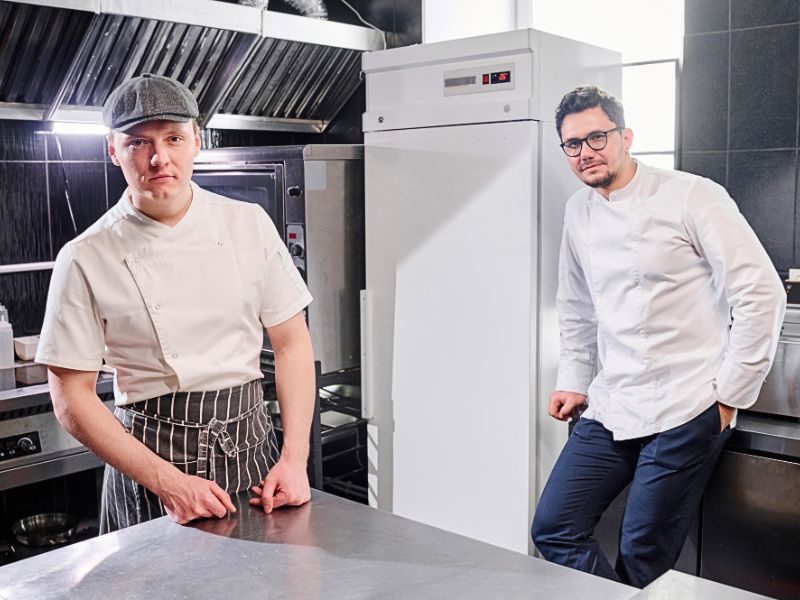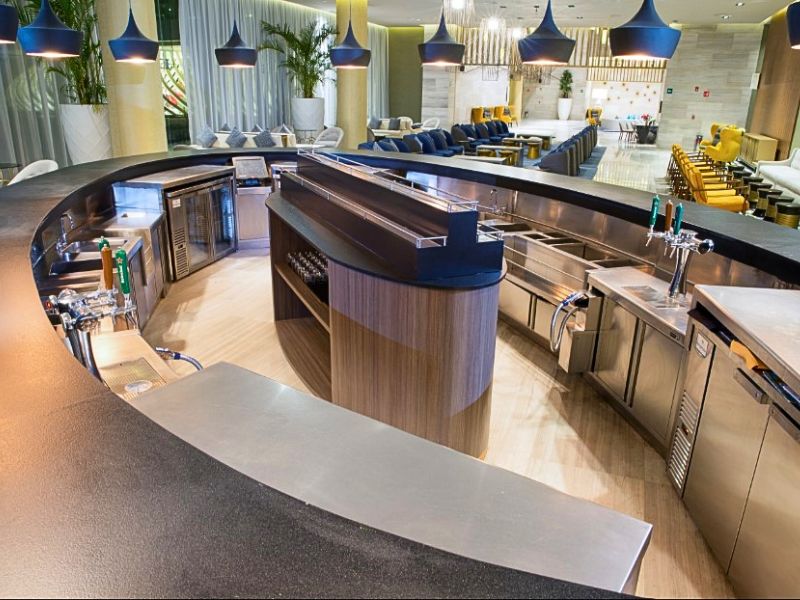There are no two ways about it: furnishing a commercial kitchen is an expensive endeavour. That makes it all the more heartbreaking when you need to put even more money into repairing or replacing equipment that breaks down.
What if we told you that you'd save money over time by adding a few rituals to your routine? Hold onto your hat because that's what we're saying.
Keep your kitchen running a break-neck speed with these restaurant kitchen equipment maintenance tips.
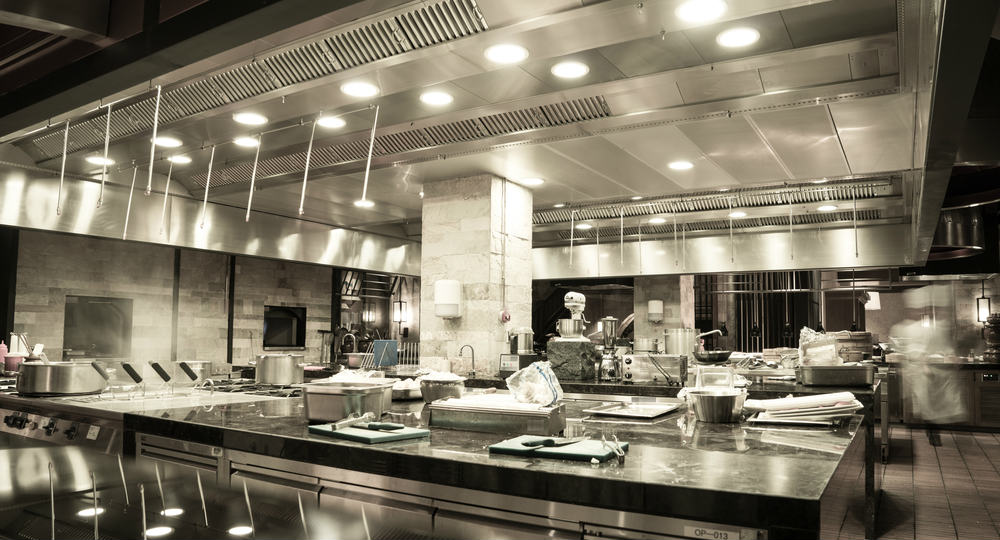
1. Don't Blow a Gasket
Most restaurant owners and managers are intimidated by the idea of managing kitchen equipment. They see intricate mechanics and think they have no idea how the equipment works.
In reality, sometimes the simplest parts of your equipment are the parts that are most important. Case in point: the gaskets in commercial refrigerators and freezers.
The gaskets are the rubber seals that line the edges of the door and the inside of your fridge or freezer. When those gaskets get worn or develop holes or slits, it prevents them from keeping the cold air in. That means your equipment has to work harder to maintain the set temperature, leaving it prone to a breakdown.
Grease, dirt, and debris can all wear your gaskets for quickly. To prevent damage, wipe down your gaskets every week or so. When you do, check for any cuts or other damage to the gaskets.
You can do this with a quick visual look. You can also hold your hand around the edge of the refrigerator door to see if you feel any cold air escaping.
2. Have a Boil Schedule
Unless you're a health food restaurant, chances are you have a deep fryer. One of the most important things you can do for your fryer is a full clean-out, known as a boil out.
To boil out your fryer, you'll drain the oil and scrape off as much debris and buildup off the inner sides of the fryer as possible.
Then you'll fill it with a mixture of water and detergent and boil the water. This dislodges more buildup from the sides of the fryer.
Finally, drain the water and do one last scrub before refilling it with fresh oil.
You'll want to do these cleanings at least every three months. If you're a high volume restaurant and you notice buildup sooner, you should boil out the fryer more often.
Keeping the fryer clean prevents the gunk from getting into areas it shouldn't and causing maintenance problems. It also gives your fried foods a better, more consistent taste.
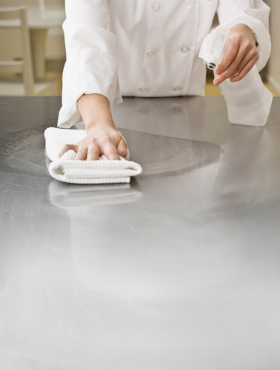 3. Keep an Eye on Your Grease Filters
3. Keep an Eye on Your Grease Filters
Your fryer isn't the only place you need to beware of grease. You should also have a grease filter in the hood above your grills, burners, and other cooking surfaces.
Those grease filters grab grease in the air that evaporates from the food you're cooking. If the filter gets too full, it blocks air from getting through into the hood. The result is a smoky and uncomfortable kitchen.
Make a point to check your filter every week or so to see how full it is. When you see more than a little buildup, it's time for a replacement.
4. Check for Gas Leaks
Chances are that at last some of your kitchen appliances run on natural gas. As great as gas is for cooking, it means you always need to be on the lookout for a leak.
There's an easy test you can do to check for a leak. Fill a spray bottle with soapy water and spray it on the gas lines in any gas-powered appliances. If a bubble forms, it means there's a leak and you need emergency service.
Do this test every few weeks to make sure everything is safe. However, if you ever smell gas, you need to call your gas company right away even if you don't see bubbles.
5. Keep It Coil
When it comes to keeping your freezers and refrigerators in working order, the condenser coils and evaporator coils are key.
These coils have a tendency to get dusty. When there's too much dust, though, those coils can develop problems.
The solution is to clean your condenser coil and evaporator coil on each fridge or freezer. All you need is a vacuum, a brush, and a few minutes of your time.
It's best to do this every three months. If you notice a lot of dust buildup on the grill under your refrigerator, though, it may mean it's time for another cleaning.
6. Track Your Temps
Everyone who works in a kitchen knows the importance of accurate temperatures. The right temperature in your freezers and refrigerators will keep food safe. The right temperatures in your ovens will make sure food cooks the way it should.
Most restaurant kitchen equipment has a built-in thermometer for convenience. Don't take that reading at its word, though.
For your refrigeration equipment, measure the temperatures manually every day. Compare these to the reading on the equipment itself and record it each day.
This allows you to notice trends. If your commercial freezer or refrigerator is getting warmer little by little, it may point to a building problem. This lets you call someone for service before the appliance breaks down entirely.
Your oven isn't as crucial, but you should take the temperature every week or two. If you notice that it differs from the oven's own temperature reading, it's time to calibrate the thermometer.
Making Your Restaurant Kitchen Equipment Last
As you'll notice, most of the tips above involve simple additions to your regular cleaning routine. They don't take much time but they can save you thousands in the long run.
The most important thing you need to do is to have and maintain a regular cleaning schedule. You'd be surprised how often a manager assumes their chef oversees the kitchen maintenance and the chef assumes the opposite.
Come up with a written cleaning and maintenance schedule for your restaurant kitchen equipment. Make sure your staff knows who's responsible for it and tracks their tasks each day.
To start fresh with new equipment for your kitchen, check out our latest commercial kitchen appliances today.
